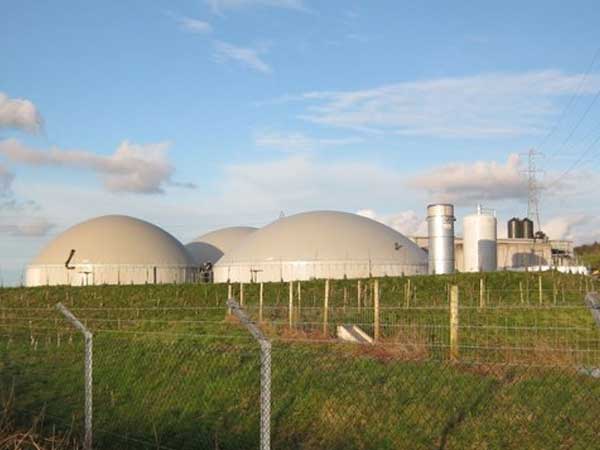GST No: 27AABFQ1046P1Z0

A biogas plant is a facility that produces biogas through the anaerobic digestion of organic matter. This process involves the breakdown of organic materials such as animal manure, agricultural waste, food waste, and sewage sludge, by microorganisms in the absence of oxygen. The end result is a gas mixture that contains methane, carbon dioxide, and small amounts of other gases.
Biogas is a renewable energy source that can be used for electricity generation, heating, and as a vehicle fuel. The biogas produced in a biogas plant can be purified and upgraded to natural gas quality, making it a valuable resource.
A biogas plant is a facility that produces biogas through the anaerobic digestion of organic matter. This process involves the breakdown of organic materials such as animal manure, agricultural waste, food waste, and sewage sludge, by microorganisms in the absence of oxygen. In this case, spent wash from the distillery is digested in absence of oxygen in 3 stages. These usually are very large and only plants that run round the year can strike break even. The result is a gas mixture that contains methane, carbon dioxide, and small amounts of other gases. The methane is used as a fuel in gas fired boilers and also for power generation.
Overall, biogas plants have the potential to play an important role in the transition to a more sustainable and renewable energy system.